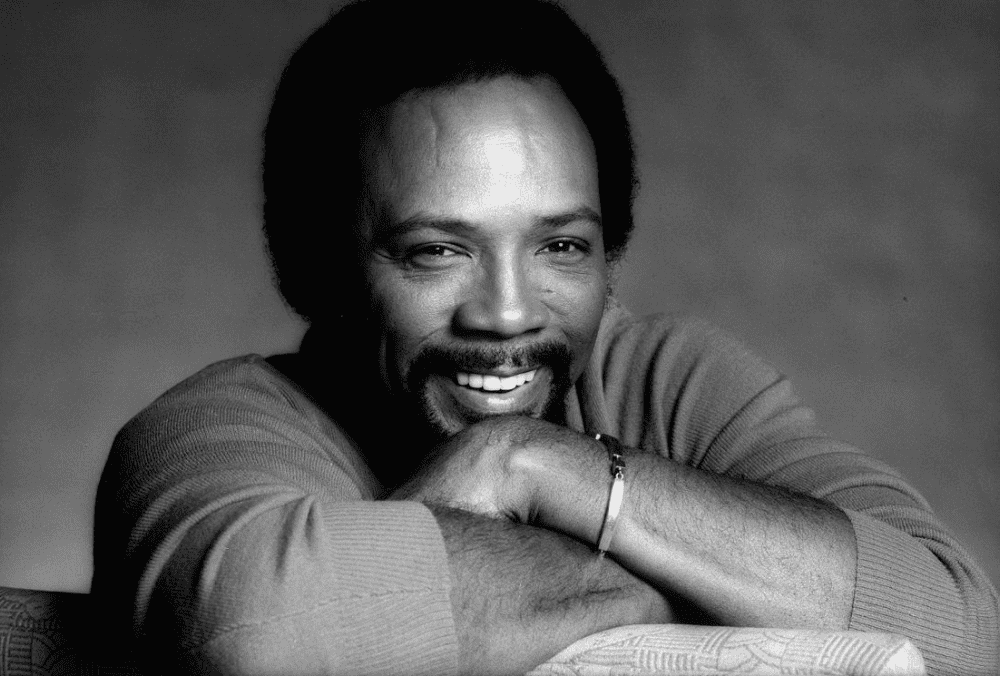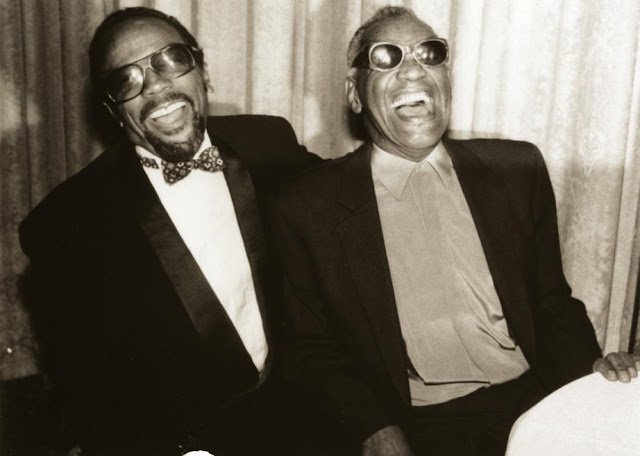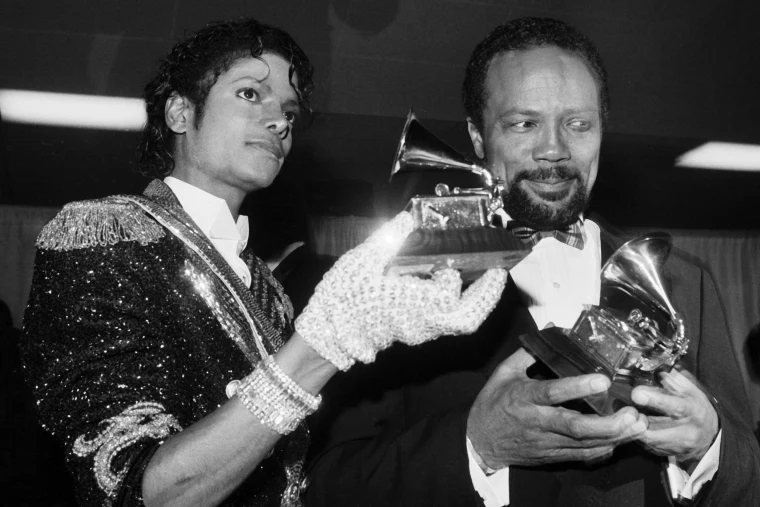
Quincy Jones, an unparalleled force in music production and a pioneering figure in jazz, soul, pop, and film scoring, has died at age 91. Jones, widely recognized as Michael Jackson’s closest collaborator during Jackson’s rise to stardom, was much more than a producer; his contributions and influence have left an indelible mark across generations and genres. The Associated Press reported that Jones passed away peacefully at home on Sunday, surrounded by family. The cause of death has not been disclosed.

Born Quincy Delight Jones Jr. in Chicago and raised partly in Seattle, Jones’s path to musical greatness began early. Learning piano from a neighbor, he pursued trumpet studies, eventually joining the National Reserve band in high school. In his teenage years, Jones met Ray Charles, forging a friendship that would evolve into collaboration in the years to come. He studied at Seattle University on scholarship, then at Berklee College of Music, before joining jazz legend Lionel Hampton’s band as a multi-instrumentalist and arranger.
Jones’s career took off as he arranged music for stars like Sarah Vaughan, Dinah Washington, and Count Basie, while performing on television and touring internationally. At just 28, Jones broke barriers by becoming vice president of Mercury Records in 1964, one of the first Black musicians to hold such a position in the industry.
By the late 1950s, Jones had begun to make his mark in production, working with artists including Dizzy Gillespie, Billy Eckstine, and Little Richard. His success with pop hits like Lesley Gore’s “It’s My Party” in the early 1960s propelled him further into the mainstream, while an invitation from Sidney Lumet to score The Pawnbroker led to a prolific career composing for film and television. Jones went on to score films such as In the Heat of the Night, In Cold Blood, and The Italian Job and arranged music for Frank Sinatra, Count Basie, and other iconic performers.
The 1970s saw Jones expand his creative reach, founding Qwest Productions and producing notable projects like Steven Spielberg’s The Color Purple and the popular sitcom The Fresh Prince of Bel-Air. He also worked with soul legends like Aretha Franklin and Donny Hathaway, cementing his role as a musical innovator.
A transformative moment in Jones’s career came in 1978, when he met Michael Jackson on the set of The Wiz. Their collaboration on Jackson’s Off the Wall album marked the start of an extraordinary partnership, yielding the best-selling album of all time, Thriller, in 1982. The groundbreaking production work Jones brought to Jackson’s music revolutionized pop, combining intricate layers with dynamic beats to create an instantly recognizable sound. Their collaboration extended to Jackson’s 1987 album Bad, which, along with Thriller, established Jackson as a global superstar.
Jones’s creative influence extended into hip-hop in the late 1980s and 1990s, as numerous artists drew inspiration from his work, and many iconic tracks—such as Mobb Deep’s “Shook Ones Part II” and 2Pac’s “How Do U Want It”—sampled his productions. Although he only briefly collaborated with rap artists directly, his influence remains a touchstone in the genre.
Jones’s storied life was marked by a deep love of music, a gift for storytelling, and an enduring impact on entertainment. He was nominated for 80 Grammy Awards, winning 23, making him one of the most awarded figures in Grammy history. He also received numerous accolades, including Kennedy Center Honors, an honorary Oscar, and the Presidential Medal of Freedom.

With a career that spanned more than seven decades, Quincy Jones’s legacy is reflected not only in his vast catalog of music but also in the countless artists he inspired.
